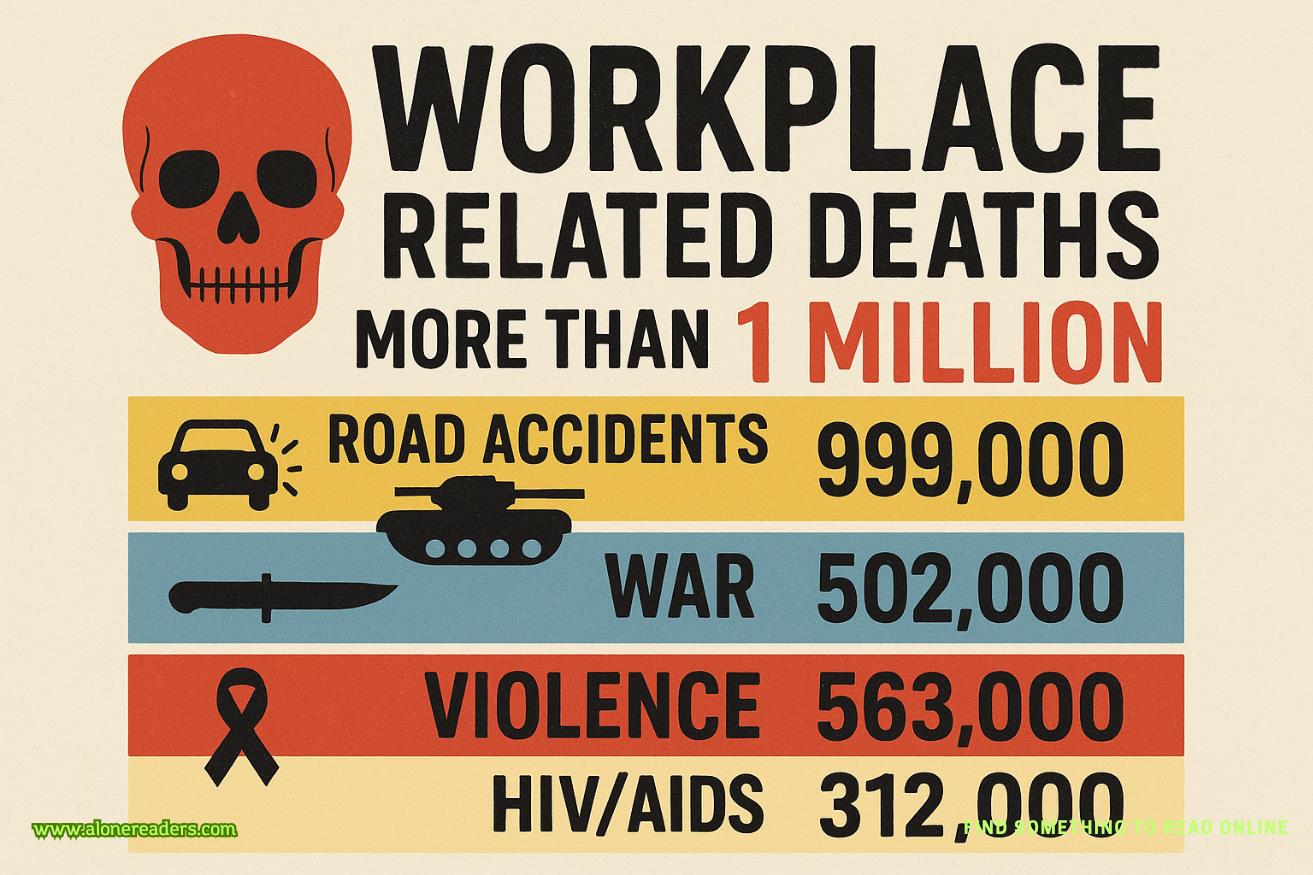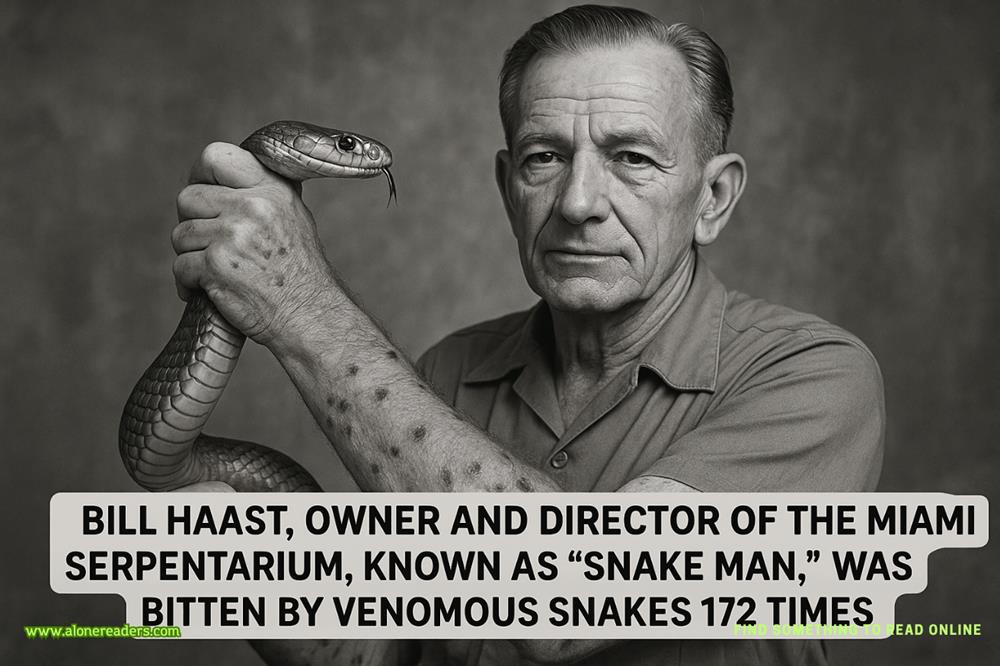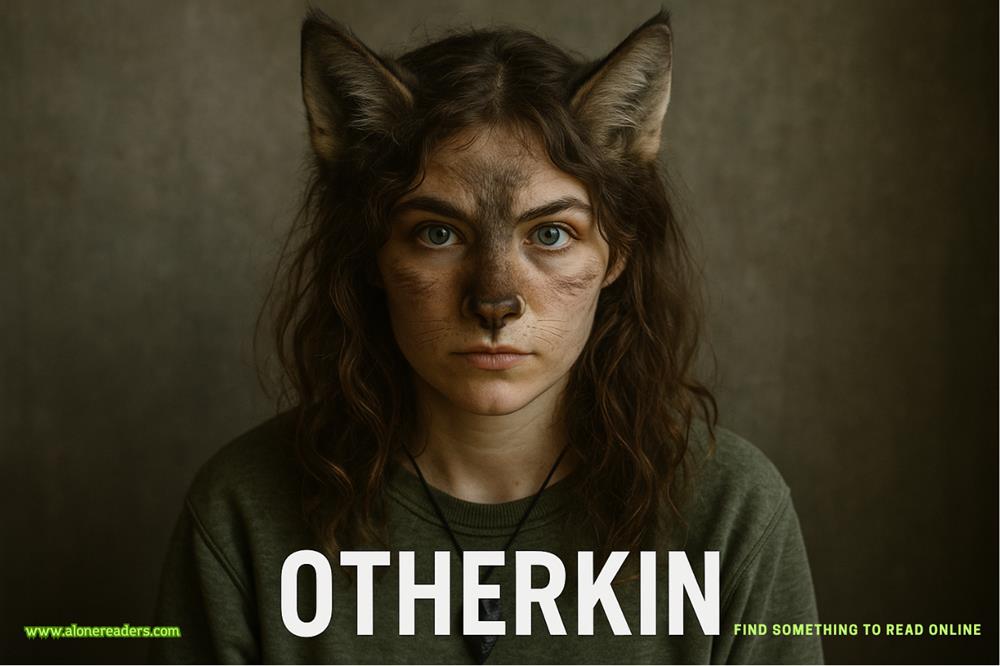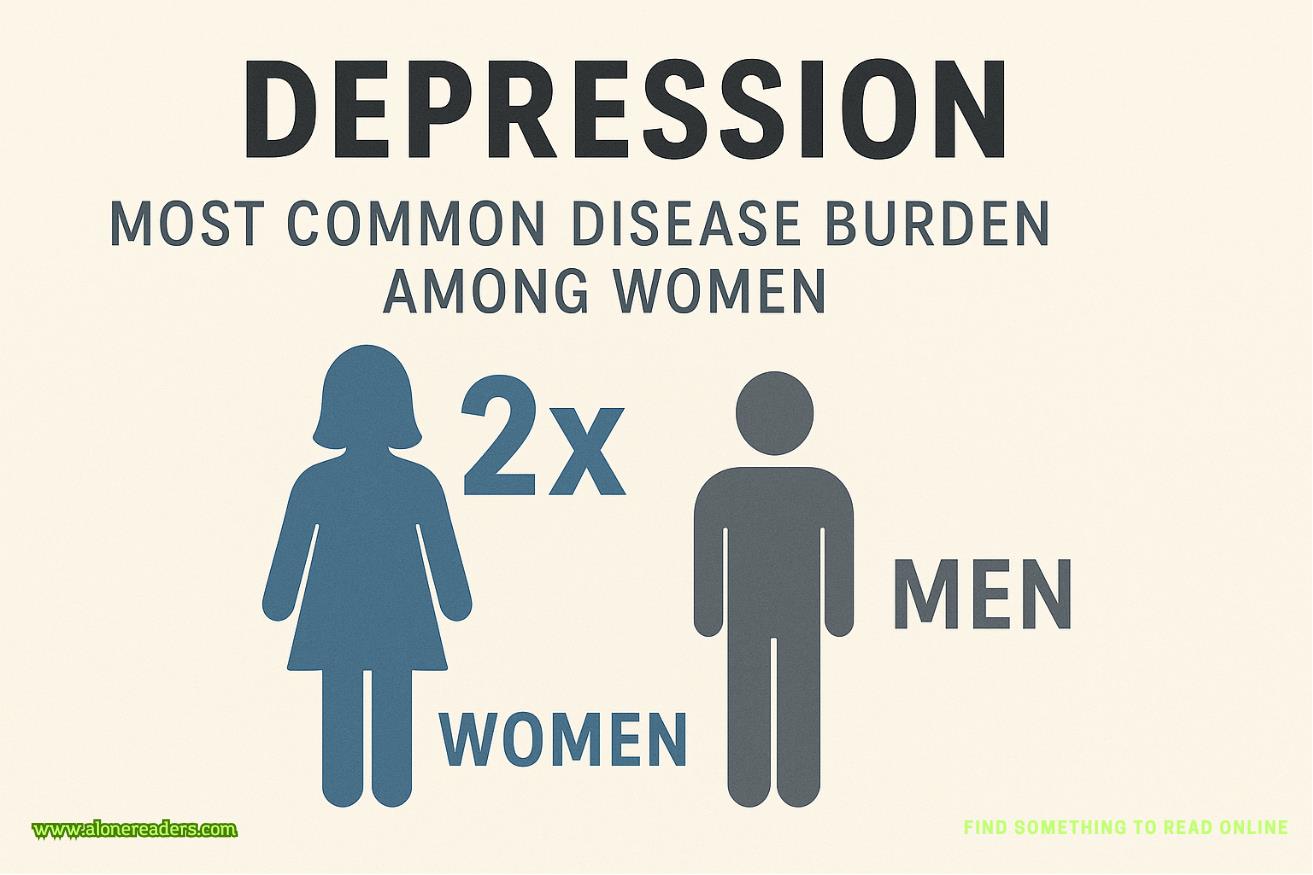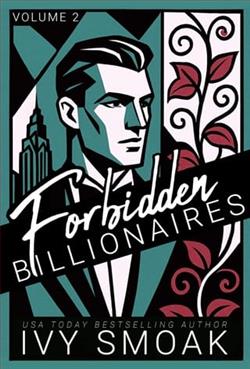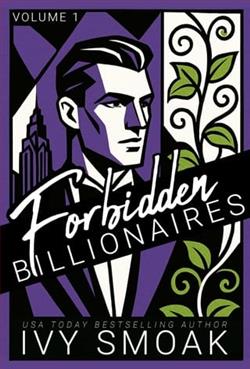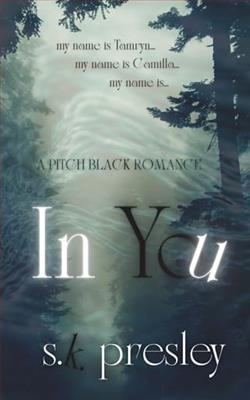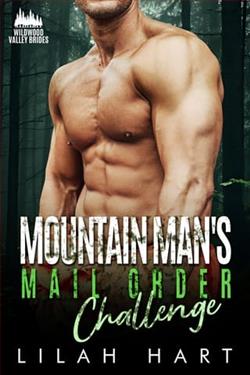Page 42 of So Far Gone
He could still picture it: coming home after a long day at the newspaper, walking into Bethany’s bedroom. After a difficult pregnancy, Celia had been diagnosed with gestational diabetes, so they’d decided early onthat Bethany would be their only child. Every year Celia painted something new across the walls and ceiling of Bethany’s bedroom, rainbows, pastoral scenes, sea life. He’d peek into her room and see Bethany wide-awake, waiting for him beneath a pod of dolphins. Picking up her favorite doll—Oolya with the blue yarn hair—and holding it in his lap, he’d settle against the headboard, and she’d lean on his shoulder. Bethany would always start it, as if Kinnick couldn’t remember:Once upon a time—
Celia insisted they not tell their daughter old classic princess stories, in which a prince came to rescue the heroine. But Kinnick had trouble conjuring fairies or wizards or magical beings, and so, somehow, he had decided that what a six-year-old really needed at bedtime was strict realism.
“I had a failure of imagination,” he admitted to Leah. “I’d come home from work and tell her versions of the stories I’d written for the newspaper that day.”
Leah smiled. “Really?”
“To my credit, I was at least smart enough to realize that an EPA hearing might be boring for a six-year-old, and that a double homicide might be too scary, so, I used to make up magical, happy endings.”
“What’s EPA?”
“Environmental Protection Agency.”
Leah nodded. “Do you remember any of the stories?”
Kinnick did remember one. He had spent two days covering a train derailment. Toxic chemicals. Pesticides and other contaminants. After the second day, he came home and found Bethany wide-awake, sitting on her bed.
“Once upon a time,” he said to his granddaughter—
—there was a train that flew off the tracks and crashed in the forest. Luckily, the people on the train weren’t hurt. But there were bad chemicals on the train, and they spilled out and it wasn’t safe. Firefighters evacuated houses and put fences around the crash site, but the humans spent daysarguing over how to clean it up. Was it a federal job? A state job? A train company job? While they argued, animals came from miles around to sniff at the broken train, and the puddles of mysterious goo leaking out into the forest. Then, an especially smart, curious little rabbit named Bunathy tasted a bit of the goo and realized: it’s not safe! She felt her body changing. She stood up on her back legs like a human creature, or like a bear creature, and she realized something else: she could now speak and understand the languages of every other animal! “Back away!” she called to the porcupines and mule deer and coyotes who gathered to see if there was anything to eat in the spilled train cars. She spoke to each animal—in perfect Porcupine, in fluent Coyote, even in the rare Mule Deer dialect. “It’s not safe. Do not eat!” The animals all backed away. Clouds were gathering then, and Bunathy could see it was going to rain, but the train wreck was deep in the forest, beneath the canopy of trees, so she gathered the beavers and spoke to them in passable Beaver: “I need you to clear the trees around the crash, so the rain can get in and soak the spoiled ground.” As beavers are famously hardworking, and love chewing trees, they dove right in. And just as the beavers were chomping away and trees were falling, Bunathy gathered the smartest birds, the crows. “I need you to fly to nearby farms and bring me tarps from the haystacks and blankets from the clotheslines.” Now, crows are notoriously uncooperative, so she had to make a deal with them. “If you do this, I will show you where there is a bin of corn.” So, the crows flew off, and when she looked up in the sky a few minutes later, Bunathy saw blankets and tarps, like magic carpets, flying and fluttering into the woods in the clutched talons of swarms of crows. “Cover the train,” Bunathy told the crows, and they did, draping the tarps and blankets over the train cars. There was a curious black bear family and Bunathy asked them to get rocks to put over the tarps and blankets, to keep them from blowing away, and, as black bears are known to be playful, they made a game of it, Mother and Son Bear against Father and Daughter Bear, to see who could gather the most rocks, and when the rainstorm blew in, their perfectly placed rocks kept the blankets and tarps from flying away, and kept more chemicalsfrom leaking out. Meanwhile, the rain soaked the contaminated ground, and the chemicals were diluted until they were no longer dangerous. And because Bunathy really did know where there was a big bin of corn—a farmer had filled his bin, but then he’d won a two-million-dollar Powerball and left his farm for Las Vegas—she brought all the animals to the secret bin for a big corn party, all except the squirrels, who hadn’t helped with the cleanup and were too fidgety anyway for parties. By this time, the humans had stopped arguing over who had to clean up the derailed train, but when they came into the forest, they saw it had been done for them! They stood there, amazed. And just before the chemical potion wore off, Bunathy hopped out of the woods, stood on her little hind legs, and spoke to the firefighters, train people, and government types in the elaborate but boring human language: “You still need to test nearby wells and aquifers for contaminants, and mitigate the existing damage,” Bunathy said. She could feel herself changing. “And, please, from now on,” she said as the languages seeped out of her body, “be more,” she said, falling back onto four legs, and then, just before she hopped back into the forest, Bunathy the heroic bunny finished the last human sentence she would ever utter, “careful.”
“That’s a good story,” Leah said. A wide smile broke on her face. “Did Mom like it?”
She did, Kinnick thought, although, as he remembered it, no matter how happy he tried to make the endings to his magical news stories, she always looked gravely concerned afterward.
“Bunathy died, didn’t she? From the chemicals?”
“No! I told you. It was temporary. She went back to being a regular bunny. Only now she had a hundred new friends because of the corn party.”
But Bethany had just stared at him, with that same look, as if she were steeling herself for the trouble that lay ahead, as if she already understood something harsh about the real world.
Or perhaps about him.
A shiver went through Kinnick as he remembered this. It was as if, even then, Bethany sensed that he couldn’t protect her from all the dangers of the world, from the craziness and the instability. That, in the end, he might not even be there for her at all. (He recalled, again, Asher saying,Or maybe Dad killed her...)
Kinnick rubbed his face. He could feel the panic rising in his chest. If anything happened to his daughter—
“It’s gonna be okay,” Leah said.
“What?”
“You shouldn’t worry so much about Mom.” Leah gave a thin smile. “Asher doesn’t know what he’s talking about. Shane can be a weirdo, and none of us really like this new church, but he would never dothat. Mom is fine.”
How had she known that was what he was thinking? She was so perceptive, just like her mother. But there was something strange in the way she’d said this. “Wait, how do you know?” Kinnick asked.
“What?”
“How do you know she’s okay?”
“I guess...” Leah shrugged with one shoulder. “I don’t?”
Kinnick recalled what she’d said on his porch yesterday—that Bethany had left the note in Leah’s snow boot. But it was almost May. And she’d made fun of her little brother for wearing snow boots. So, why would Leah suddenly go looking in her snow boot?
Unless her mother hadtoldher to look there. Unless her mother hadtoldher that she was leaving. Kinnick pulled the truck over onto the shoulder, turned and faced his granddaughter. “Leah, do you know where your mom is?”
She was staring up at him with Bethany’s eyes. With Celia’s eyes. She shrugged with the other shoulder. “I can’t say.”
“Leah, please.”
